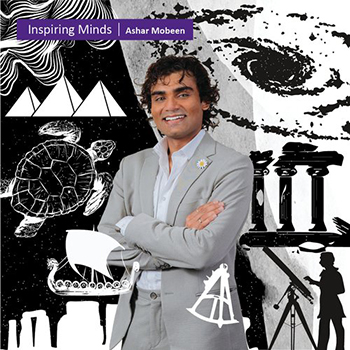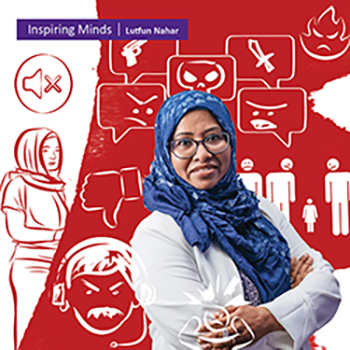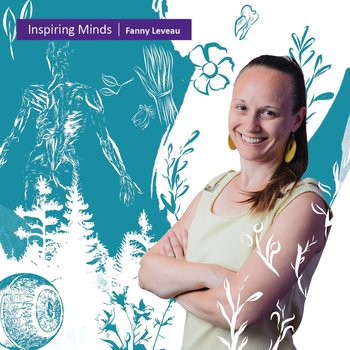Research
Related Links
- Western Research
- Western Internal Funding
- Office of the Research Ethics
- Research Awards and Results
- ROLA
Contact
Graduate Research
Inspiring Minds

From Stars We Come, To Stars We Return: Exploring Ancient and Indigenous Cosmic Worldviews
from stars we come, to stars we return,
ancient skies, where cosmic fires burn,
through ages past, in tales untold
i seek the wisdom of the old.
ancestral puebloans of chaco canyon,
built monuments with meticulous passion.
under skies of deep blue,
they saw in 1054 the supernova’s view.
in the islamic golden age,
astronomers turned a cosmic page.
with keen eyes, they traced the light,
charting stars through endless night.
the northern song, in china’s heart,
mapped the heavens, a profound art.
in sacred scripts and crafted stone,
the crab's bright burst, their skies adorned.
across the globe, far and wide,
the cosmos seen from every side.
not just through europe’s eyes,
but in each culture's starry skies.
i challenge now, the narratives old,
with stories rich and visions bold.
through science, art, and history intertwined,
i broaden the scope of cosmic mind.
Ashar Mobeen PhD Candidate, Visual Arts
 Networked Masculinity In Toxic Techno-culture
Networked Masculinity In Toxic Techno-culture
The unmoderated freedom of expression and the privilege of anonymity on social media platforms allow for expressing oneself freely, along with the broadcasting of disinformation and hate propaganda that can shape people’s perceptions and beliefs. These racist or misogynistic information-sharing practices are heavily influenced by the participation of men in the virtual space. My research focuses on the role of masculinity in the virtual space that facilitates toxic techno-culture to produce online hate speech and enables it to influence offline racial or gender- based violence. My aim is to conduct a comparative analysis of white masculinity in Canada with Hindu masculinity in India to show the construction of virtual masculinity in different cultural, social, and political settings. I also aim to investigate the conflict between the right to freedom of expression and the right of minority communities to be free from violence in the virtual world. LEARN MORE
Lutfun Nahar, PhD candidate, Gender, Sexuality & Women’s Studies
 Posthuman novels: how stories of clones, robots and animals reshape our understanding of the Human
Posthuman novels: how stories of clones, robots and animals reshape our understanding of the Human
Traditionally, language, intelligence and emotions have been attributed to humans. Those deemed devoid of these qualities are labelled as “others” and become “disposable bodies”. The Covid-19 pandemic has reminded humans of their vulnerability - a characteristic shared with all the living world - and has made obvious their increased dependence on science and technologies. It has highlighted the imperative to rethink the autonomy of humans to move towards a definition that takes into account interconnections with other species and technologies. Stories depicting non-human characters blur the boundaries between what is human and what is not. My research focuses on analysing French novels that question the frontiers of humans. In Marie Darrieussecq’s book Our life in the forests, readers discover that the narrator is a clone and not a “real” human. They experience confusion and are invited to rethink humanity as a moving scale rather than a closed and fixed category. LEARN MORE
Fanny Leveau, PhD candidate, French Studies





